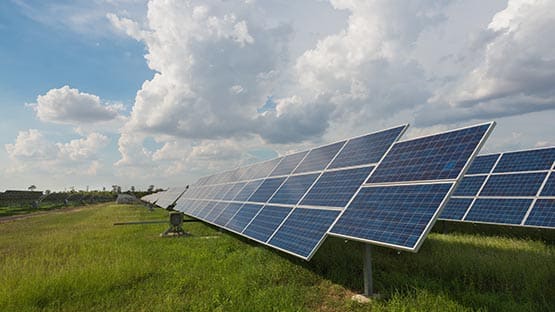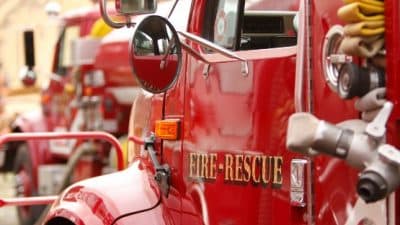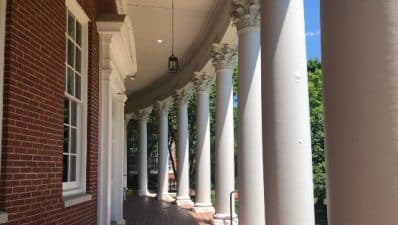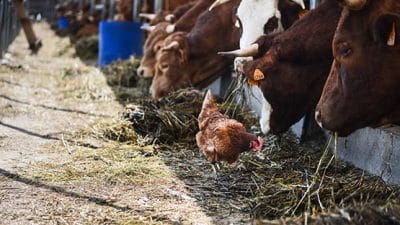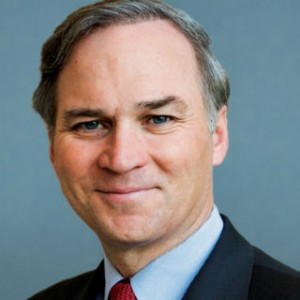
In Virginia, you can see it along our waterways. And residents of Virginia’s Fourth District, in particular, can see them just off of the James River Bridge or the Monitor-Merrimac Memorial Bridge-Tunnel – massive ship-to-shore gantry cranes that stretch tall above the waterways, and hundreds of shipping containers that, from a distance, look like a collection of colorful Legos stacked up.
These are Virginia’s ports. Those cranes are more than steel. They’re the results of decades of innovation – reminders of how far our shipping industry has come since the sailing vessels of our colonial past. Those Lego-like containers are full of goods that fuel our economy. Our ports move cargo in and out of the Commonwealth every day, bringing supplies to shop owners, farmers, manufacturing companies, warehouses, retail stores, and more. They allow businesses to meet their growth goals, better serve customers, and move agricultural products.
For Virginia, our ports are gateways to economic opportunity, connecting our businesses to each other and to others across the globe. The industry has been incredibly successful in providing the muscle we need today, and best of all, it remains poised to take on the next era of shipping too. Many people are still not aware that the Port of Virginia is one of the few deep-water ports in the United States that can accept large ships that will come as a result of the Panama Canal expansion.
This important lifeline in the Fourth District, the Commonwealth, and the nation needs our continued commitment. To make sure our ports continue to provide easy access for business. To minimize choke points. To keep connecting Virginia to the world. To make sure our nation’s ports are prepared for a new era of commerce, and to ensure the United States and Virginia remain a global leader in commerce and transportation. There are two focus areas where our government can help:
Prepare for growth. Ships will only come to ports which are prepared to receive and process their cargo timely and efficiently. Continuing in the tradition of Virginia’s ports, policy makers in Washington, D.C. must be strategic and forward-thinking – making preparations in international shipping, trade, and transport – to take full advantage of economic opportunities with our ports. That’s why I’ve worked to form the bipartisan Congressional Panama Canal Expansion Caucus, which highlights steps Congress needs to take to ensure our ports are prepared for a new era of commerce
Minimize regulations. Virginia’s ports, transportation companies, and businesses depend on each other to bring goods to consumers in an efficient way. Yet, they all face varying areas of regulation that limit their ability to partner together. Throughout my time in Congress, I’ve worked under the principle that government should act as an enabler rather than a barrier to economic success. To that end, removing burdensome government regulation is vital to this link in our economic chain.
The extent to which we can take advantage of the bright spots in our economy, the quicker we will see expanded economic growth. Giving this economic muscle the attention it deserves not only helps us today, but gives us tremendous economic opportunity tomorrow.
Virginia’s ports represent part of who we are as Virginians, and as Americans. They represent innovation, entrepreneurship. They symbolize hard work and creating value. They speak to our region’s history, and symbolize our region’s future. By prizing that heritage and investing in the opportunity it presents, we can ensure future generations of Virginians will enjoy the benefits of even greater economic growth and opportunities than ever before.



